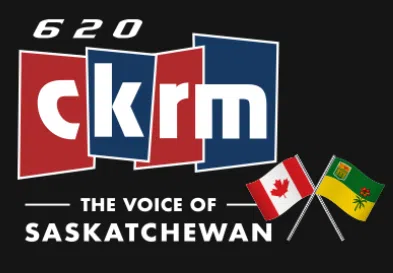The Supreme Court of Canada has ruled that the federal Indigenous child welfare act is constitutional, affirming that First Nations, Métis and Inuit have sole authority over the protection of their children.
The unanimous decision is a setback for the Quebec government, which had made gains in 2022 when its Court of Appeal found that parts of the act overstepped federal jurisdiction.
On Friday, Canada’s highest court upheld the entirety of Ottawa’s 2019 Act Respecting First Nations, Métis and Inuit Children Youth and Families, which affirmed that Indigenous Peoples have an inherent right of self-government that includes control over child and family services.
“The act as a whole is constitutionally valid,” the court wrote in its 110-page decision, adding that it “falls squarely within Parliament’s legislative jurisdiction.”
Ottawa’s law affirmed the right of Indigenous Peoples to run their own child protection services and included sections that said Indigenous legislation had the force of federal law and could supersede provincial law.
Quebec put the act to the constitutional test at its Court of Appeal, which invalidated those sections. But the Supreme Court Wednesday rejected that ruling, adding that the 2019 law does not modify the constitutional architecture of Canada.
Nothing in the division of powers between the federal government and the provinces prevents Parliament from affirming that Indigenous Peoples’ inherent right of self‑government includes legislative authority over child and family services, the court said.
“The essential matter addressed by the act involves protecting the well-being of Indigenous children, youth and families by promoting the delivery of culturally appropriate child and family services and, in so doing, advancing the process of reconciliation with Indigenous Peoples,” the ruling states.



